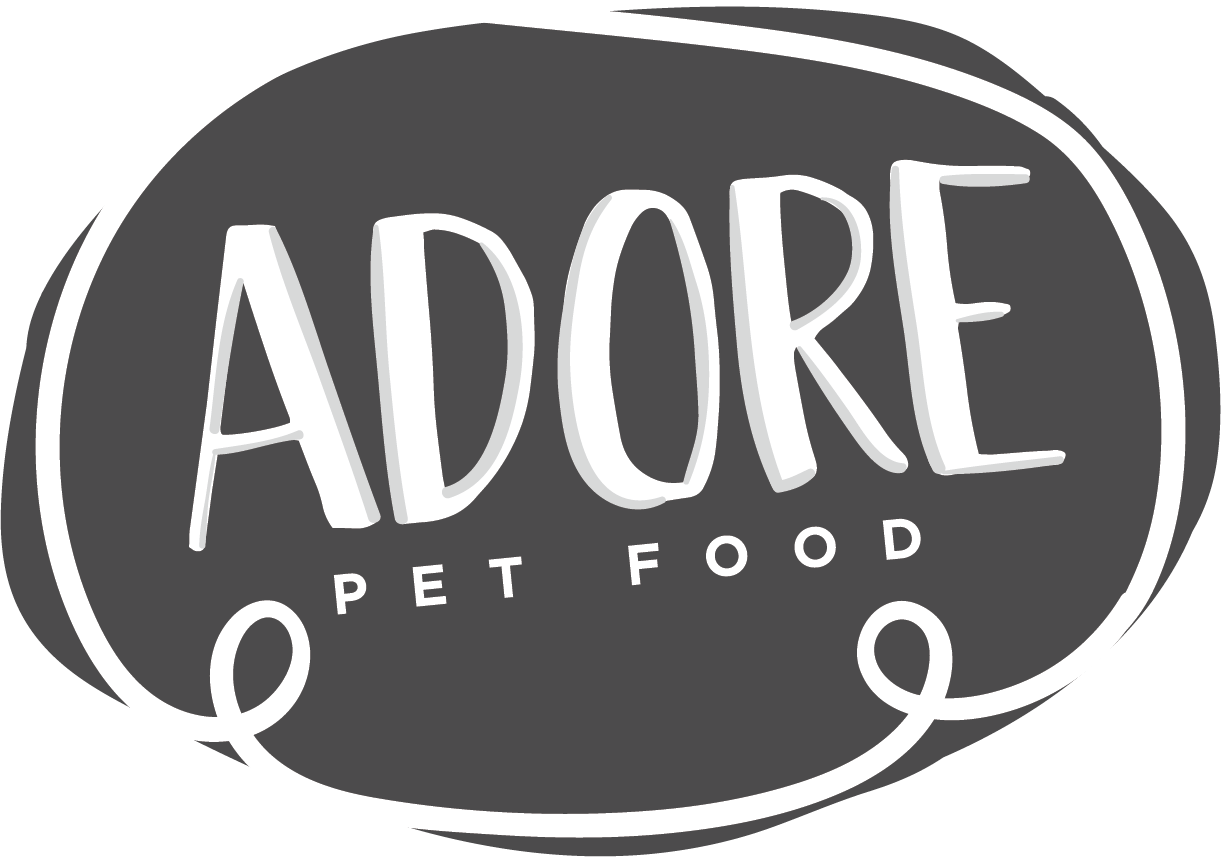What Makes a Healthy Pet? Part Two
In our last edition we talked about the importance of exercise.
Now, on to the next two facets of keeping your healthy pet health! Nutrition and Veterinary care.
Nutrition:
You are what you eat….and so is your pet. Nutrition is the FOUNDATION for health. Without a healthy diet, we can never truly have a healthy pet (or person). This is why we are so passionate about nutrition at ADORE. We have seen, first-hand, the role of nutrition in the health of our pets, and of pets in veterinary practices across Canada.
There are lots of great diets on shelves across Canada, and there are an OVERWHELMING number of options. Here is a synopsis of some of ways to evaluate different products. :
Expert formulation: every diet starts as a formula on paper before it becomes a real product. The people who formulate the diet, before it is ever “made” are critical to your pet’s health. The best diets have both nutrition and medical experts – veterinarians, veterinary specialists, and PhD nutritionists.
Expert manufacturing: not every pet food manufacturer is created equally. Although some variation in size/shape/colour of kibble and colour/texture of wet food may be a normal reflection of the ingredients within your pet’s diet – there should still be consistency from batch to batch to ensure that your pet is getting consistent nutrition. Speak to your nutrition companies about where they manufacture, why they chose that manufacturer, and what quality and safety steps are in place.
Independent testing: it is critical that you know what your pet is getting from a diet, not just what is going in. The only way to know for sure is to have every product undergo a full nutrient analysis of the finished product (meaning testing the kibble or wet food, not evaluating based on the formula or recipe). Talk to your nutrition company about what testing they are doing, and how frequently they are doing it (every batch? Quarterly? Annually?).
Quality guarantee: your pet food company should stand behind their product, no matter what. What if your pet doesn’t like the product? Or doesn’t do well on it? Will they be there to support you?
Connection with the company: how response are they to your questions? Can you speak to someone within a reasonable time frame? Do they follow through with what they’ve promised?
Seek expert advice!: your veterinary team is a great source for a nutritional recommendation. They know your pet (including their medical history, current weight, BCS and MCS), they know you and what is important to you when feeding your family, they know things your pet could be at risk for based on their age, breed, or lifestyle, and they REALLY want to help! They want your pet to be happy and healthy.
Veterinary Care:
Your veterinary team is your best resource for pet health, whether that is keeping your pet happy and healthy, or helping you and your pet with a medical concern. Different pets have different needs and risks. Your veterinary team can individualize a care plan that will take into account your pet’s age, weight/BCS/MCS, activity level, risk factors such as breed, activities, travel, and help you make great decisions on what you can do to help keep your pet healthy.
Remember to ensure your pet is seen at least annually, even if you are following a different vaccine protocol, it is VERY important to your pet’s health to have a comprehensive physical exam at LEAST once a year! Your veterinary team will evaluate your pet’s weight (including BCS and MCS), skin and coat health, eyes, ears, teeth, organs – all of this gives them the ability to help keep your pet healthy for longer and catch any issues early on.

